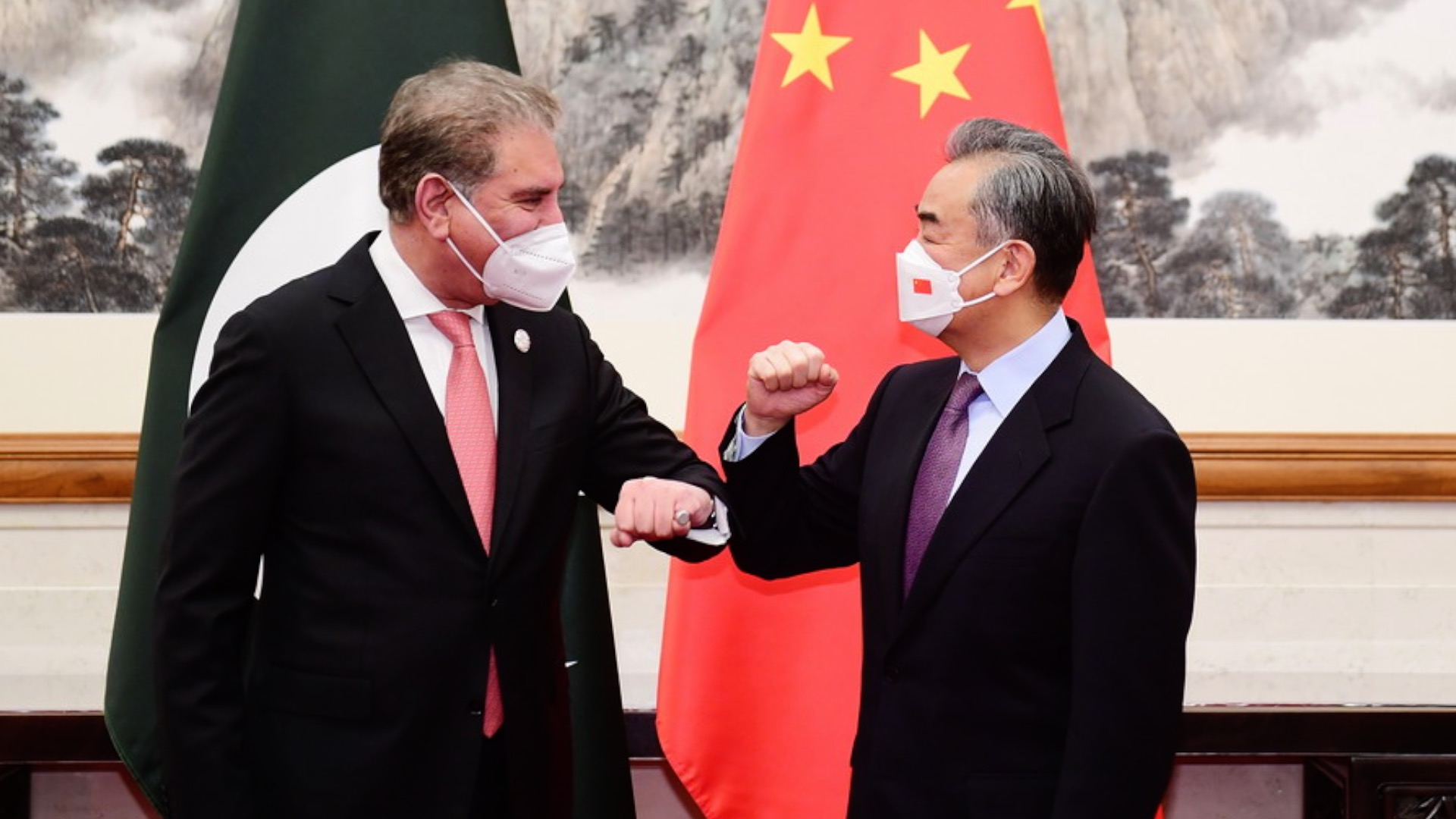Alright, let’s break down this critical development. Foreign Minister Wang Yi just had a crucial phone call with Pakistan’s Deputy Prime Minister and Foreign Minister Dar. This isn’t just diplomatic pleasantries, folks – it’s a clear indication of China’s active role in attempting to cool down the simmering tensions between India and Pakistan.
Dar briefed Wang Yi on the latest escalations in the India-Pakistan conflict. Pakistan, understandably, wants a ceasefire, but they’re not naive. They’re making it crystal clear they won’t tolerate any violation of their sovereignty – and will respond if it happens. They also rightly thanked China for its mediation efforts, emphasizing the need for continuous dialogue.
Wang Yi unequivocally stated China’s hope and support for a swift ceasefire. But here’s the kicker: a ceasefire isn’t just about stopping the shooting. It’s about sticking to it. China rightly points out that renewed conflict serves no one, destabilizes the region, and goes against what the international community wants to see.
Let’s add some perspective here.
The India-Pakistan relationship has been historically fraught with disputes, primarily stemming from the unresolved Kashmir issue. Numerous conflicts have erupted over decades.
Ceasefire agreements have been previously attempted, but lasting peace has remained elusive. Violations have often undermined these efforts.
China, as a major regional power, holds significant influence and has a vested interest in stability. Its mediation role aims to prevent escalation.
The effectiveness of a ceasefire relies heavily on mutual trust and adherence to agreed-upon terms by both sides.
China’s call affirms its commitment to fostering dialogue and preventing a wider regional conflict. Make no mistake, this is about more than just two nations – it’s regional and global stability.






